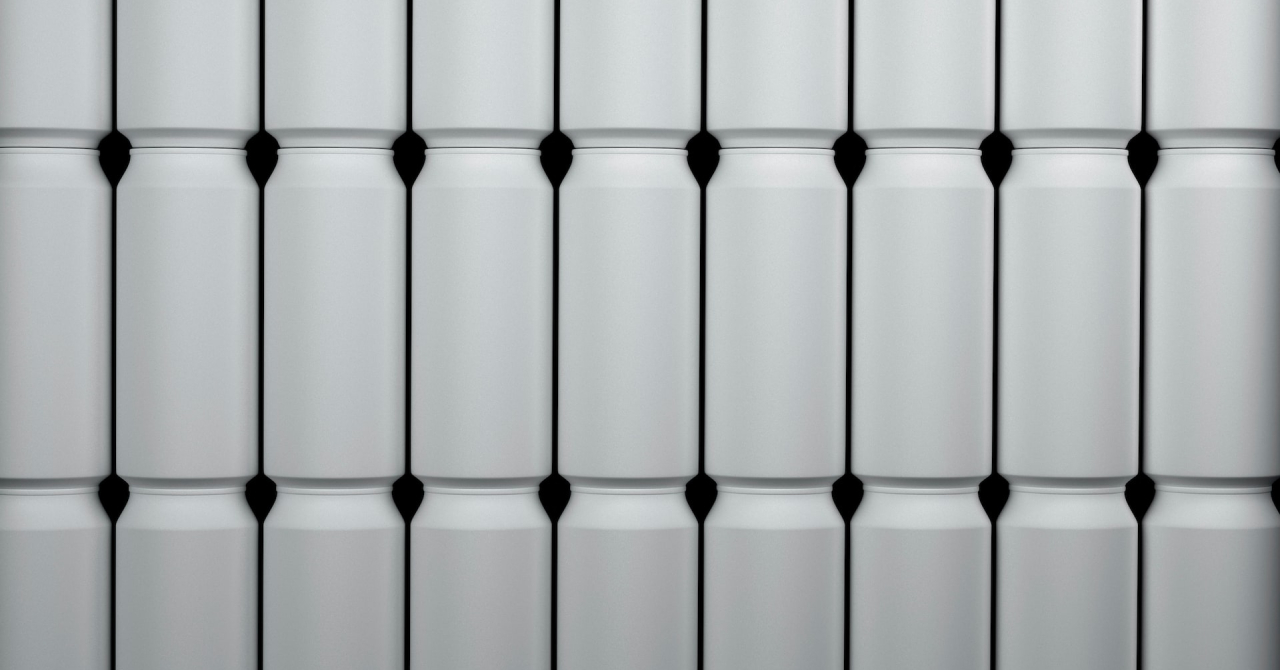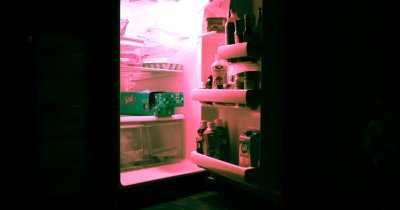According to The Guardian, the canned wine business made up 235.7 million USD of the global wine market in 2021 and it could go above 570 million by 2028.
And they should, because experts say that the glass bottle that wine was stored in for centuries is responsible for most of the greenhouse gas emissions released by the wine industry.
Furthermore, experts didn't take into account transport, since glass bottles weigh more compared to aluminum cans, making it so that transporting them uses more fuel.
Making glass bottles for the wine is also a very energy intensive process and while glass is technically recyclable, aluminum gets recycled more often compared to it.
In the US, for example, 50% of aluminum gets recycled, while for glass, that share is at 31%.
Philip Marthinsen, who founded Stockholm-based canned wine brand Djuce in 2022, said that "aluminium gets recycled, glass doesn’t."
His team says that three wine cans, which make up as much wine as a traditional bottle, can cut up emissions by as much as 79% and aluminum itself can be recycled virtually infinitely.
Canned wine can be a great alternative for those who might want to drink some, but not a full bottle, which would definitely be wasted.
Aluminum cans also have the advantage of being better for cooling the drink faster, which is ideal for fast consumption.
Glass bottles have an advantage, though, when it comes to ageing, since they are net superior to cans in that regard, but then again, how many of us are buying wine to let it age?
Marthinsen believes that farmers and wine cultures are among those that will benefit from switching to canned wine as a way to enjoy this drink, as "they (farmers) see in real time the effect of climate change."
 Mihai - Cristian Ioniță
Mihai - Cristian Ioniță












Any thoughts?